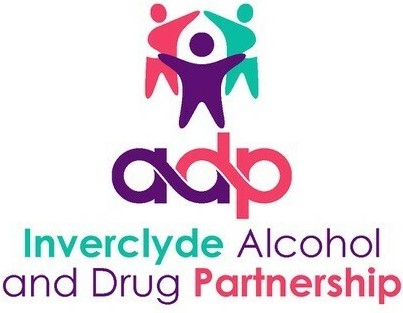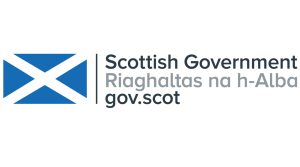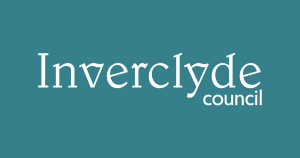Stigma
A drug or alcohol problem is a health condition. People should receive help and support, not judgement.
Drug and alcohol stigma does happen and does have consequences.
Stigma is when a person, or group of people, are seen in a negative way or myths are believed about them. This may be because of a particular characteristic such as a disability, mental health condition or drug and alcohol use.
Drug and alcohol stigma:
- stops people who need treatment and support from getting help as they feel judged.
- affects the friends and family of people struggling with an alcohol or drug problem.
- affects organisations and people who provide support.
People struggling with an alcohol or drug problem should get the same support and treatment as those with any other health condition. This should be without fear of judgement.
Together we can end the stigma around drug and alcohol use. We can do this by having a kinder approach to those affected by problem substance use. This should focus on understanding, hope and kindness.
Stigma happens when a person is revealed to be, or is thought to be, a member of a particular group that is seen in a negative way. This might be the result of:
- physical appearance
- personal behaviour
- personal reputation
- using certain services (a drug treatment service, for example)
- personal disclosure (telling someone your personal history)
Substance use has been seen as a lifestyle choice or the result of poor decisions. It’s also been described or viewed as a mistake or the result of moral weakness. This is stigmatising and unhelpful. It shows a connection between drug or alcohol use and personal failings. This allows substance use to be linked to character or morals. Viewing this as just a personal issue adds to stigma.

Inverclyde Challenge Stigma Training Programme
The Inverclyde Challenge Stigma Training Programme is a collaborative piece of work hosted by CVS Inverclyde’s Resilience Network and is being developed with professionals from all sectors, people with lived experience and the general public.
Stigma causes harm to people’s mental health and the quality of life within our communities. The co-creation of the modules within the training programme is essential. Stigma is a community problem that requires a community solution.
Inverclyde Alcohol and Drug Partnership (ADP) provided funding for the module on the stigma experienced by people with problematic drug and alcohol use and their families.
The working group included people with lived and living experience of addiction, a family member of someone with problematic drug use, third sector organisations and public sector partners. We sat around the table as equals and our collective experience created a module that explores the stigma people experience, how that stigma impacts them, the power of language and stigma and how to challenge stigma with kindness and compassion.
The Just One Word video is part of that training. We asked people across Inverclyde to tell us the one word that captures what recovery means to them. What they told us says everything about Inverclyde’s approach to drug and alcohol recovery.
